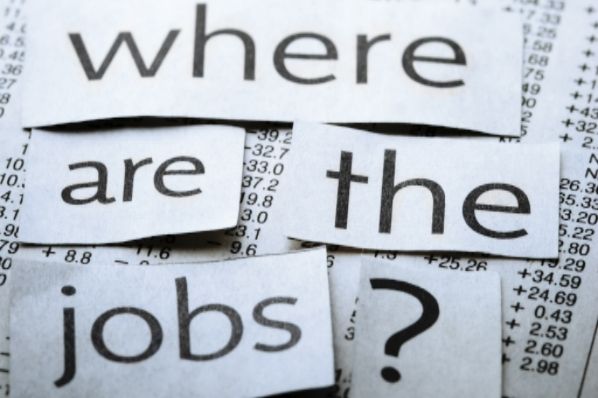Would you like to know how to make sure the unemployed stay that way?
Unnecessary occupational licensing, that’s how, as an article in this morning’s Wall Street Jounal explains.
We’re not talking about brain surgery, by the way. Did you do that in some instances it takes 1,500 hours training to get a license to braid hair?
With stiff requirements like that people who might otherwise be able to launch a small braiding business aren’t going to be able to do this. And thus they will not pose a threat to established cosmetologists. And that is the general idea behind much of the licensing regime–tamping down competition to established businesses.
As Mark V. Holden, general counsel and senior vice president at Koch Industries, writes in today’s Wall Street Journal:
Earlier this year the White House released a report detailing how occupational licensing laws affect the economy: “more than one-quarter of U.S. workers now require a license to do their jobs” and “the share of workers licensed at the State level has risen five-fold since the 1950s.”
If that sounds benign, consider that licenses for low- and middle-income professions on average cost more than $200 and require nine months of training and at least one exam, according to the Institute for Justice. There’s scant evidence that these hurdles improve quality or safety, so why does government make it so difficult for Americans to improve their lives by plying a new trade?
It takes 372 days on average to become a licensed cosmetologist, but only 33 days to become an emergency medical technician, known as an EMT. In several states, a hair-braiding license requires 1,500 hours of training and multiple exams. For those with limited means, that may prove impossible.
Rather than removing these obstacles, government at all levels increasingly protects the “haves” at the expense of the “have-nots.” Consider the response to Uber, which threatens the municipal taxi system monopoly. Instead of allowing entrepreneurs to develop services that succeed or fail on the merits, politicians have encouraged businesses to seek out favors. As a result, politicians try to protect their supporters from competition instead of encouraging it.


